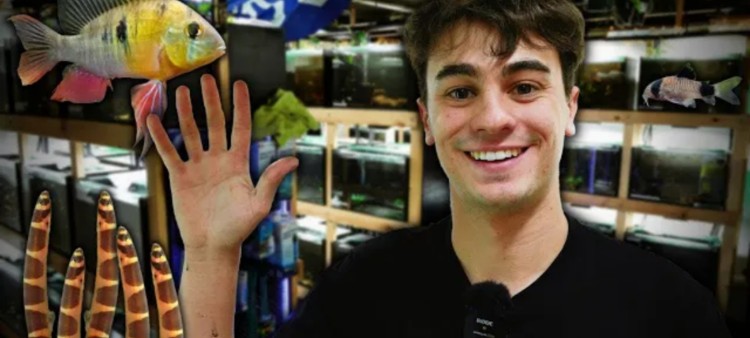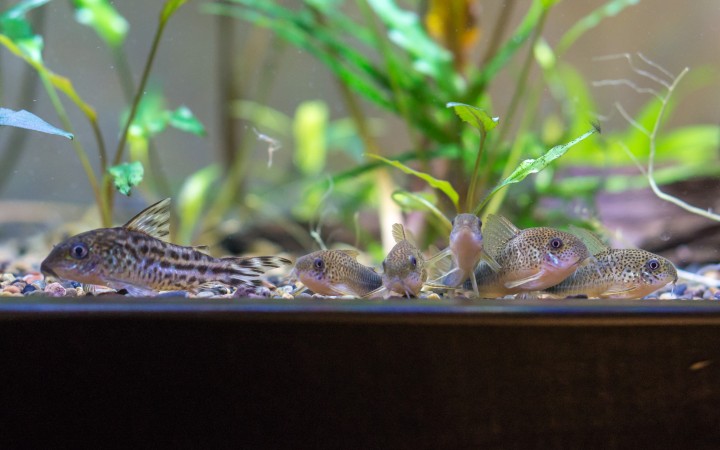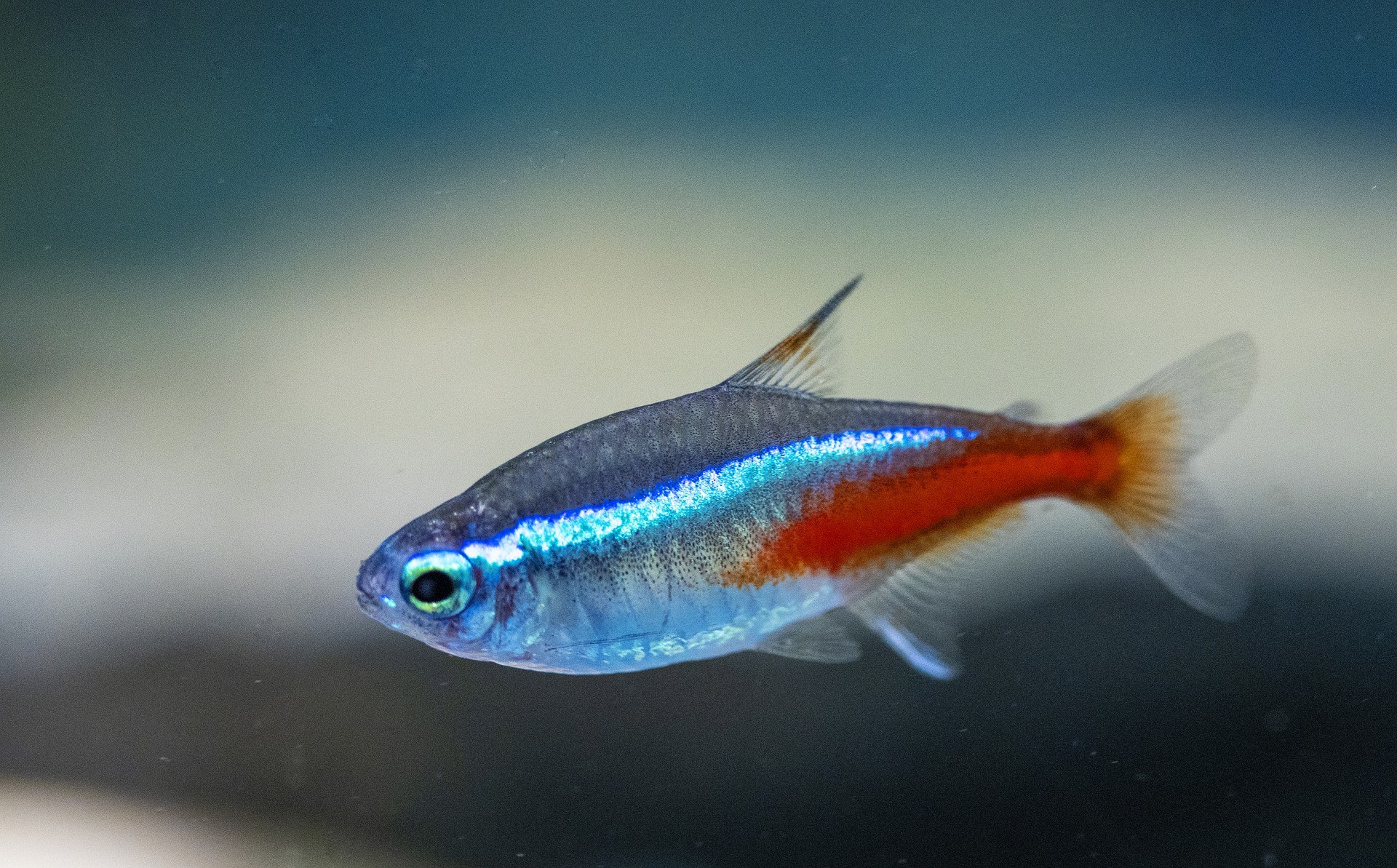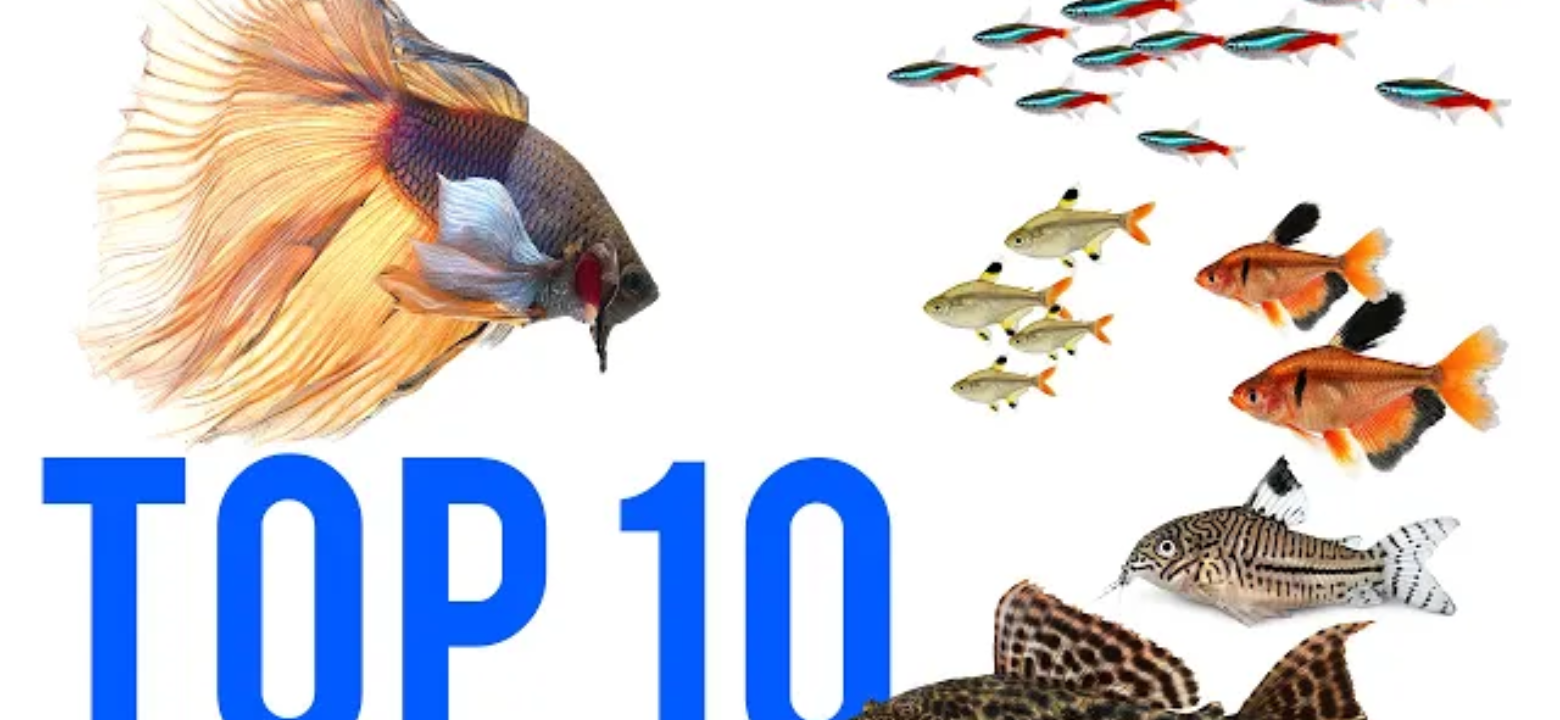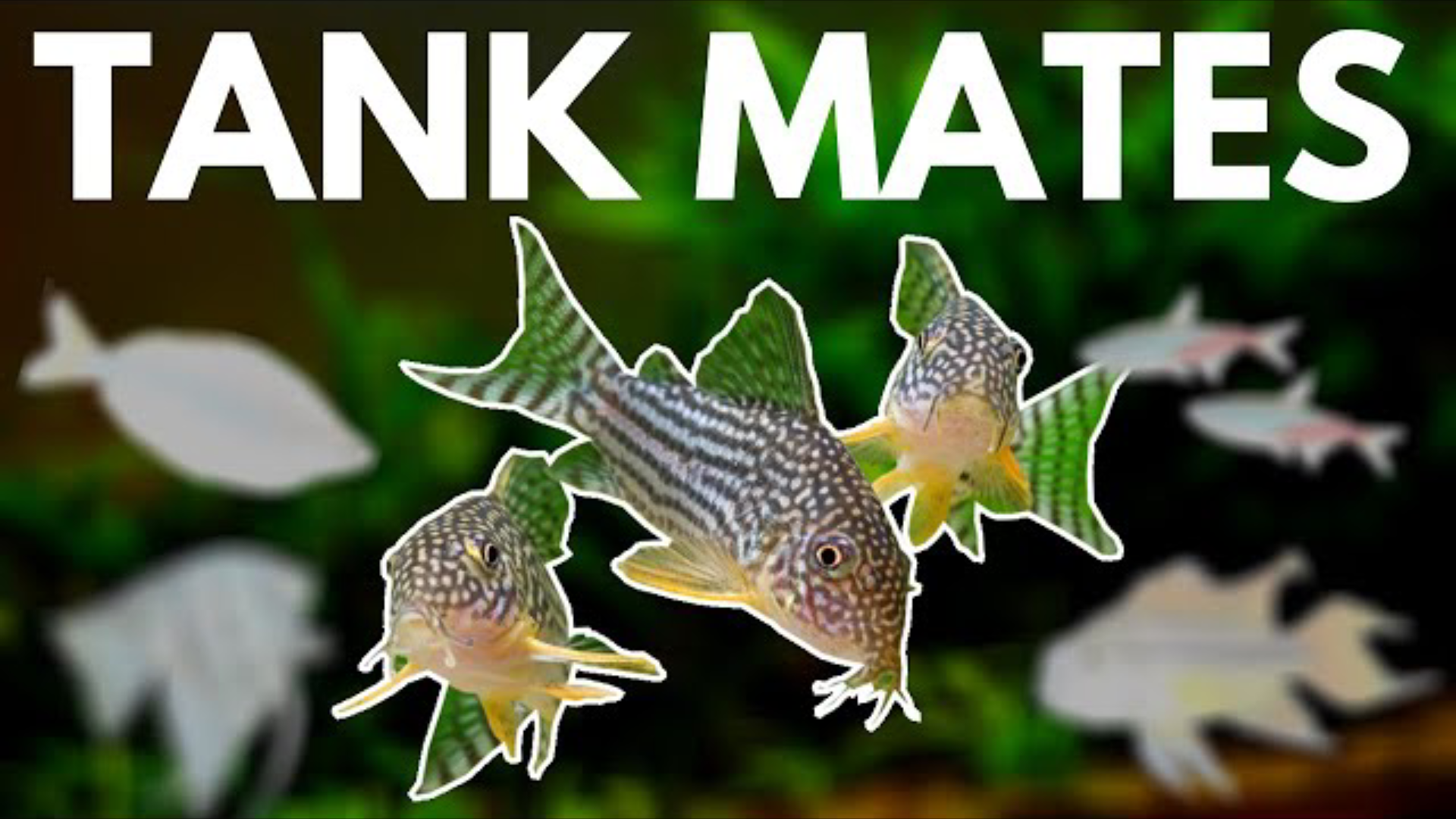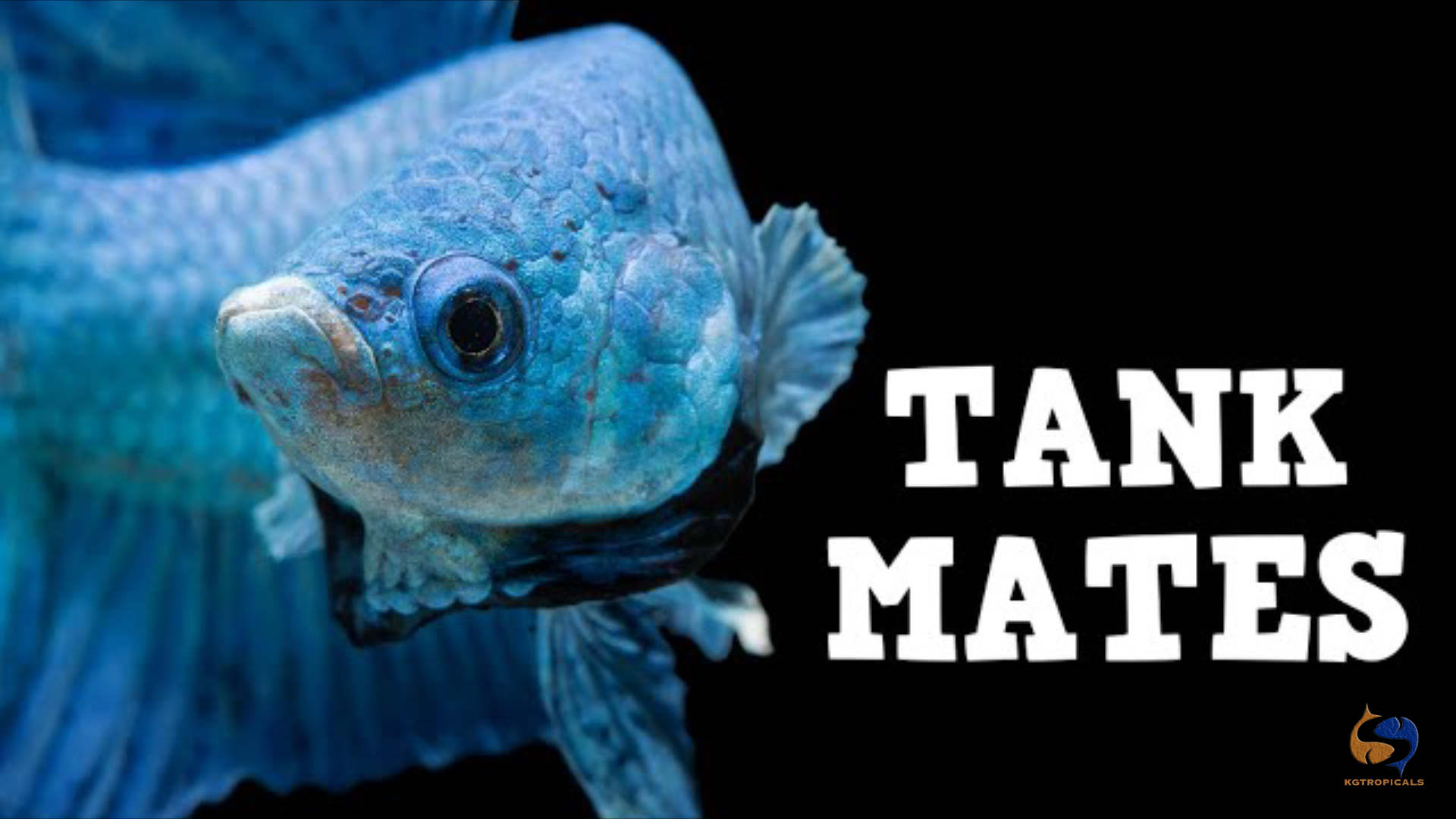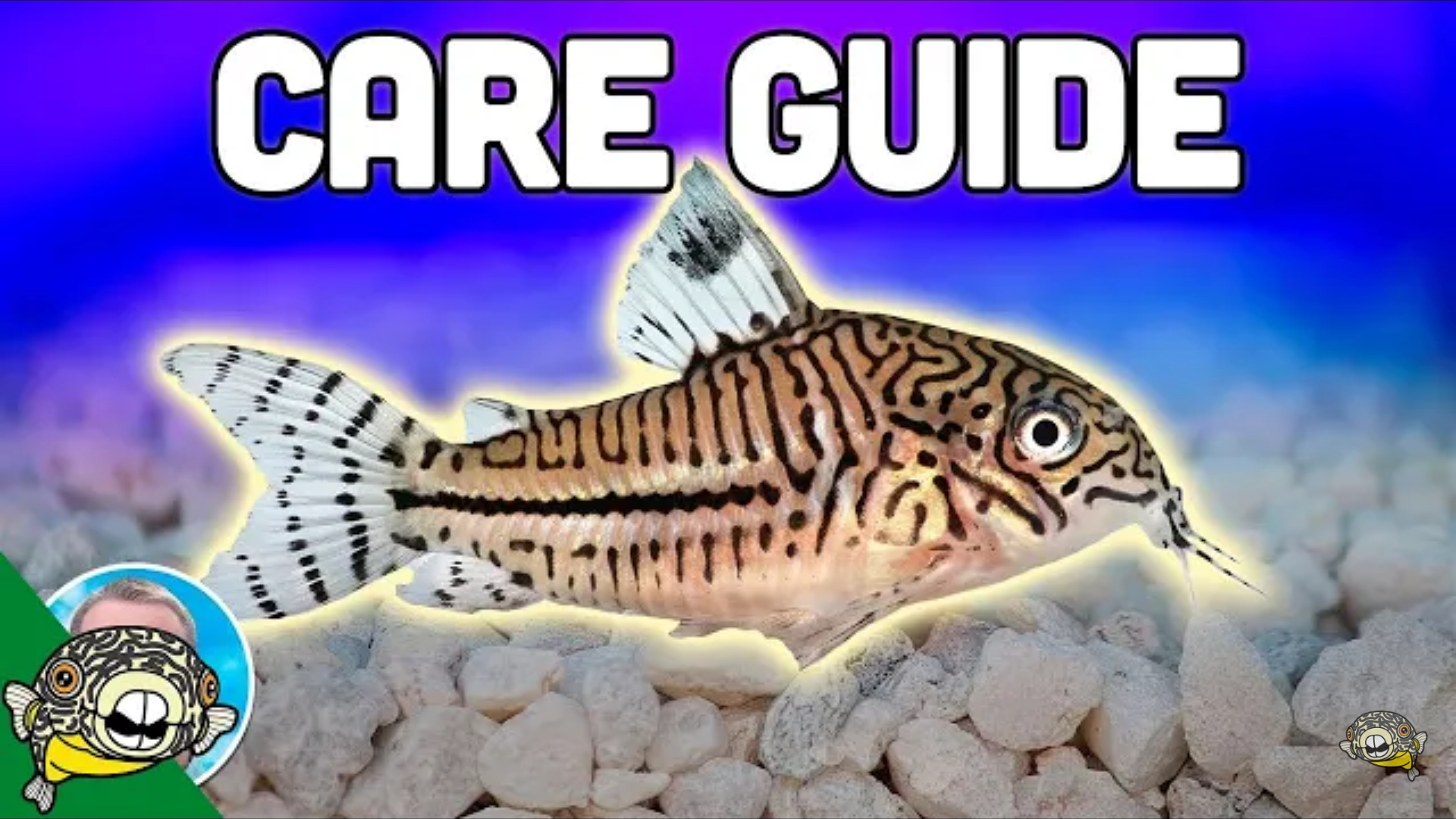- Name:
Blue corydoras
(View AKA's) - Family: Callichthyidae
- Species: Corydoras Catfish
- Scientific Name: Corydoras nattereri
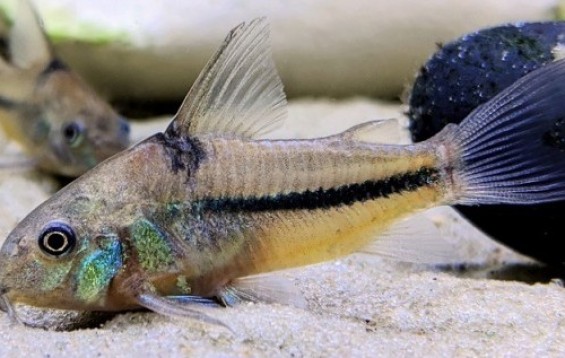

General info about Blue corydoras
Corydoras nattereri has clear fins with no pattern. The ventrals are light, opaque yellow. Highlights seen about the gill plates are green. The belly is yellowish. It has a pronounced dark stripe along the length of the body. The general color of the body is light, tending towards yellow. Its eyes are gold. They will grow up to 2.1 inches in length. They have the ability to tilt their eyes which looks like blinking. These fish are facultative air breathers, they have a highly vascularized intestine that facilitates uptake of atmospheric oxygen so they will often go to the surface for a gulp of air. Due to the ability for breathing atmospheric air, the aquarium should have a cover and the tank shouldn’t be filled to the top.
To keep this species in captivity, water pH should be between 6.0 and 8.0 and water temperature should range from 68º F and 73º F. The tank should have a sandy substrate, plants and hiding places. These fish can be kept in community aquariums and should be kept in groups.
Blue corydoras Diet & Nutrition
Corydoras nattereri are omnivorous. In the wild, they feed on worms, benthic crustaceans, insects, and plant matter. They will eat almost anything that sinks into the bottom of the tank, you can feed them dried, live and frozen foods.
Breeding & Spawning Blue corydoras
The female holds 2-4 eggs between her pelvic fins, where the male fertilizes them for about 30 seconds. After fertilization, the female swims to a suitable spot, where she attaches the very sticky eggs. The masked corydoras lays eggs in dense vegetation without adult protection. The pair repeats this process until about 100 eggs have been fertilized and attached.
Blue corydoras Origin
Corydoras nattereri can be found in South America and is found in Brazil from Espírito Santo to Paraná.
Caution with Blue corydoras
Corydoras nattereri has hardened pectoral spines that can pierce human skin so they should be handled with care and a plastic container should be used to move them, using a net is not recommended because these spines may become entangled in the mesh.
These fish are scaleless and as such they are extremely sensitive to salt, adding salt to the tank will hurt them.
Acclimating Blue corydoras
These fish are nocturnal so they should be fed at lights out, however, after some time in the tank they may be “taught” to eat during the day.
Blue corydoras are Venomous
It is thought that at the base of each spine there are axillary glands that have mildly toxic secretions.
Original Detail
| Name | Species | Family | Scientific Name | More Detail | Added by |
|---|---|---|---|---|---|
| Blue corydoras | Corydoras Catfish | Callichthyidae | Corydoras nattereri | Corydoras nattereri has clear fins with no pattern. The ventrals are light, opaque yellow. Highlights seen about the gill plates are green. The belly is yellowish. It has a pronounced dark stripe along the length of the body. The general color of the body is light, tending towards yellow. Its eyes are gold. They will grow up to 2.1 inches in length. They have the ability to tilt their eyes which looks like blinking. These fish are facultative air breathers, they have a highly vascularized intestine that facilitates uptake of atmospheric oxygen so they will often go to the surface for a gulp of air. Due to the ability for breathing atmospheric air, the aquarium should have a cover and the tank shouldn’t be filled to the top. To keep this species in captivity, water pH should be between 6.0 and 8.0 and water temperature should range from 68º F and 73º F. The tank should have a sandy substrate, plants and hiding places. These fish can be kept in community aquariums and should be kept in groups. |
PalaciosAn |
Changed by users
| Submitted Date | Submitted By | Status | Action |
|---|


